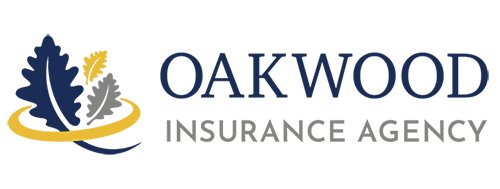Commercial Auto Insurance
Commercial auto insurance can cover various vehicle types (trucks, cars), drivers, and motorized equipment. It covers bodily injury liability and property damage when driving a work car, as well as medical payments or Personal Injury Protection (PIP) for the policyholder’s driver and passengers.
Auto Liability (hired/non-owned)
Do your staff drive their own automobiles, or do you rent them? This coverage protects your business against certain liabilities stemming from the usage of a rented or leased vehicle (hired) or a non-owned vehicle (employee using their own vehicle on company business). This coverage is frequently affordable when added to a company auto policy or, in certain situations, a general liability policy.
When Your Business Vehicle Is Also Your Personal Vehicle
Sometimes employees or executives of a company or other persons who are supplied with a vehicle owned by the company have only that vehicle. They do not own a personal vehicle nor do they obtain personal automobile coverage. The BACF does not cover personal use of the vehicle in this situation. To close this coverage gap, you need to add the Drive Other Car Coverage Endorsement to your BACF. This provides insurance while the named individual or a member of his or her family is driving a car borrowed from a third party.
Keeping Premiums Down
The best way to keep your business auto premiums down is to avoid accidents. Driving safety should be emphasized. Drivers should not be so pressured to produce that they feel compelled to drive unsafely. All vehicles should be well maintained.
Ask your agent whether your insurance company has business auto safety resources that you can use to help your organization be accident-free. For more information on reducing the risk of auto accidents.
When you own or run a business, you have a lot at at-risk and much to protect, and having the right business insurance coverage can be crucial to your long-term success. When it comes to protecting your business, fortunately, there are a variety of coverages to choose from. We represent a variety of carriers and are dedicated to assisting you in protecting your company from damage and liability. When you work with the team at the Oakwood Insurance Agency, you will receive personalized advice from an experienced agent who will assist you in developing a plan that includes all of the coverage you may require.

